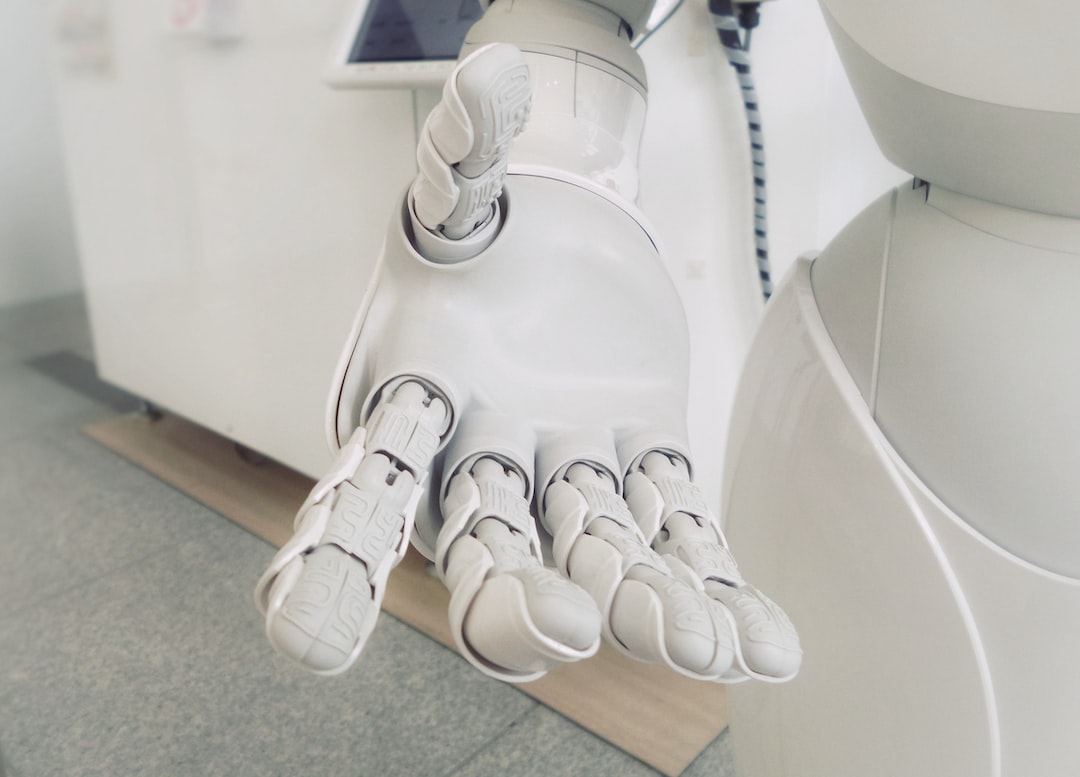The Future of Robotics: Advancements and Ethical Considerations
Robotics has come a long way since its inception, from basic machines that perform repetitive tasks to intelligent systems capable of complex decision-making. With advancements in science and technology, the future of robotics looks promising, with the potential to revolutionize various industries and sectors. However, as robotics becomes more integrated into society, ethical considerations need to be addressed to ensure responsible development and usage.
Advancements in robotics continue to push the boundaries of what machines can achieve. In the field of medicine, surgical robots are now being used to perform precise operations, reducing the risk of human error and improving patient outcomes. These machines allow surgeons to perform complicated procedures with increased accuracy and efficiency. As the technology improves, we can expect surgical robots to become even more sophisticated, potentially leading to entirely automated surgeries.
In addition to healthcare, robotics is expected to have a significant impact on the manufacturing industry. With the rise of automation, robots are taking over repetitive and dangerous tasks in factories, reducing the risk to human workers. This not only increases productivity but also allows companies to allocate their workforce to more meaningful and creative tasks. Innovations like collaborative robots, or cobots, have the potential to work alongside humans, further streamlining production processes.
One of the most exciting developments in robotics is the potential for intelligent machines capable of learning and adapting to their surroundings. Machine learning and artificial intelligence (AI) algorithms are being incorporated into robotics systems, enabling them to perceive, reason, and make decisions based on real-time data. This opens up possibilities for autonomous vehicles, smart homes, and virtual assistants that can understand and respond to human needs.
However, with these advancements comes the need to address ethical considerations. As robots become more sophisticated, questions arise about their impact on employment and the economy. While automation can improve efficiency and productivity, it also has the potential to displace human workers in certain industries. It is crucial to ensure that the transition to a more automated society is done in a way that mitigates the negative effects on workers, offering retraining and support to those whose jobs are at risk.
Another ethical concern relates to the widespread use of robots in caregiving and social interactions. Can an AI-powered robot truly replace the human touch that is often required in these roles? The emotional connection between humans, especially in vulnerable populations, cannot be replicated by machines. Therefore, it is important to strike a balance between the convenience and efficiency of robotic assistants and maintaining the human connection necessary for the well-being of individuals.
To address these ethical concerns, it is essential to establish clear guidelines and regulations for the development and deployment of robotics. Governments, researchers, and industry experts need to collaborate to develop ethical frameworks that prioritize the well-being of individuals while promoting innovation. Transparency and accountability should be at the core of these guidelines, ensuring that robots are designed with clear intentions and are subjected to rigorous testing for safety and reliability.
The future of robotics holds immense potential, but it is essential to navigate this path with caution. By considering the ethical implications of advancements in robotics, we can ensure that robots are developed to serve and enhance human lives rather than replace them. Proper regulation and responsible development will allow us to reap the benefits of robotics while safeguarding the values and principles that make us human.

